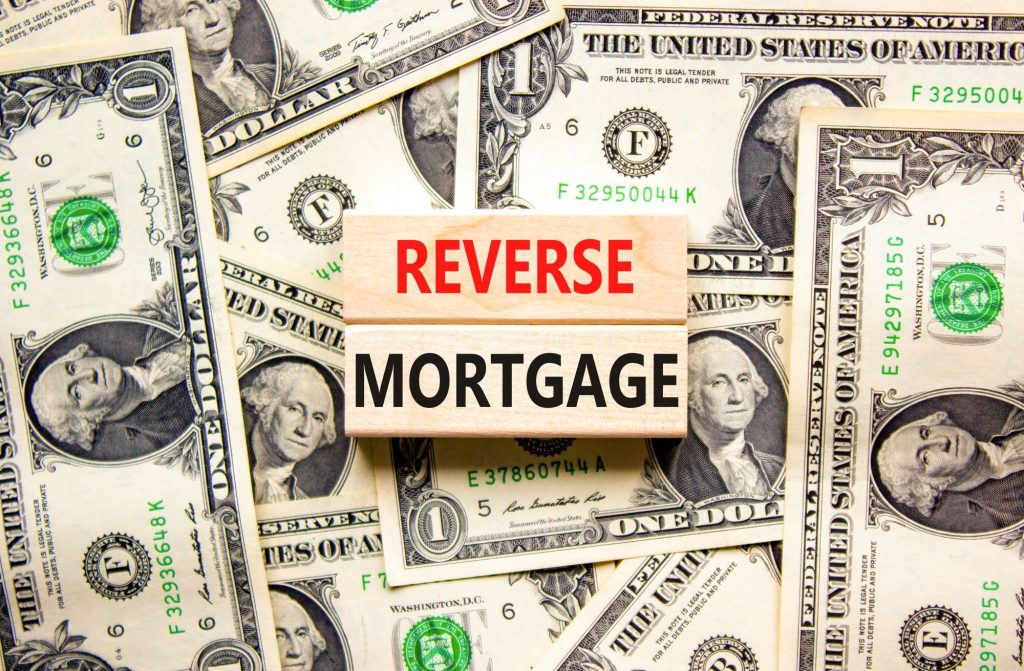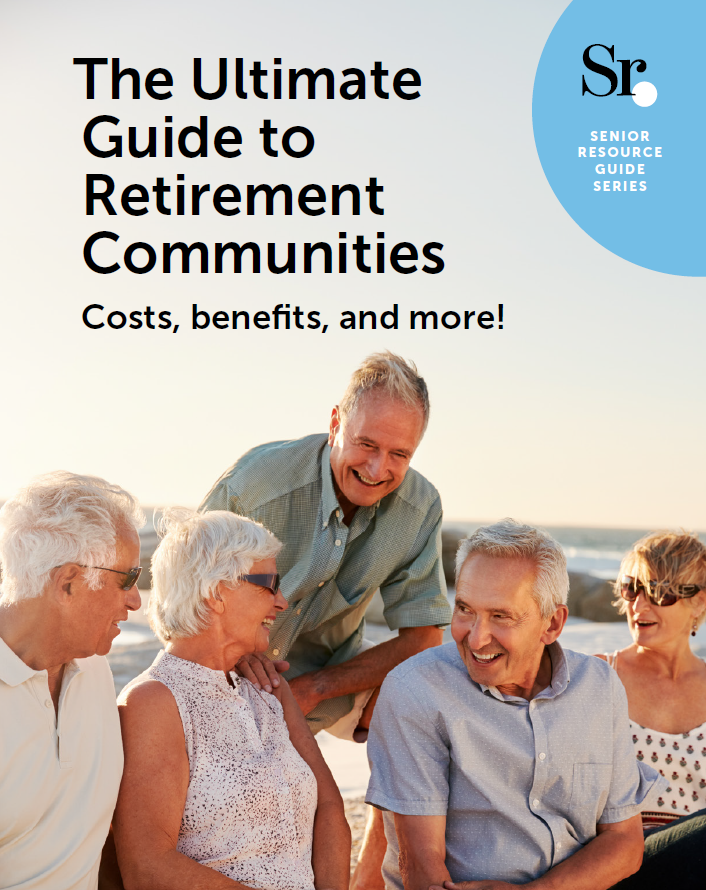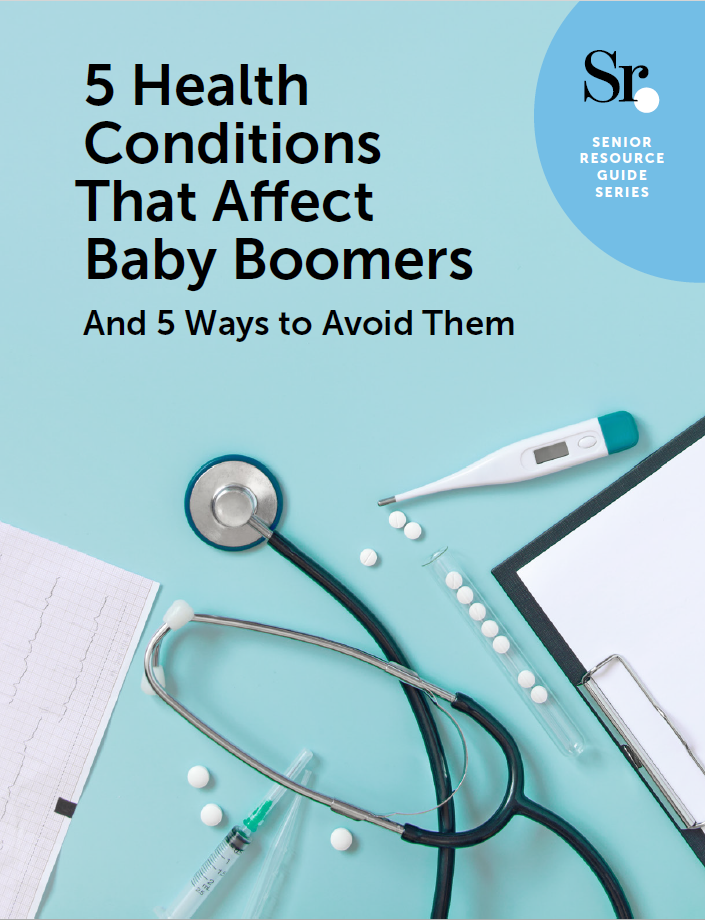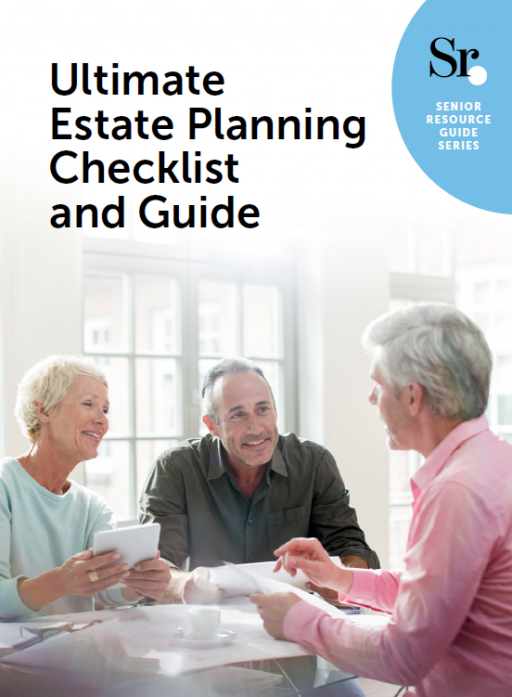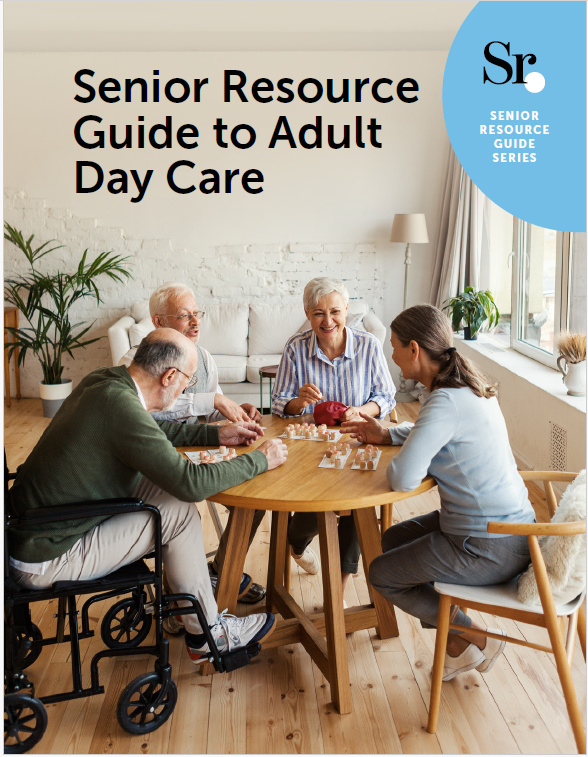Reverse Mortgage After Death: What Happens?
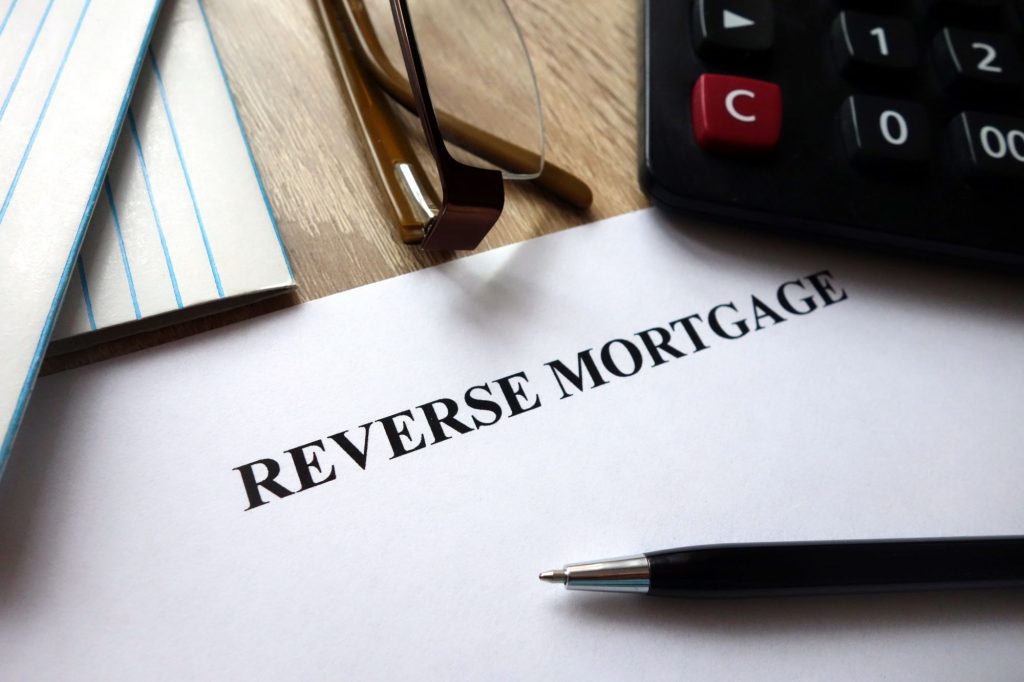
A reverse mortgage is designed to be the last loan that a homeowner will ever need. It can be a great source of income, but, it can also become a headache for the homeowner’s family.
A reverse mortgage allows seniors over the age of 62 to cash in on acquired home equity. It can help retirees pay bills while maintaining the ability to keep their home and age in place. However, these perks come with a cost: the probability of your family home eventually being sold.
Like any other loan, a reverse mortgage must eventually be repaid; just not until either the home is sold or the owner passes away. In the case of a homeowner’s death, it is important to formulate a strong estate plan. This will help surviving family members handle loan repayment. A strong estate plan can help protect assets that you wish to keep within your family.
When I pass on, what will my family’s repayment options be?
In the case of a married couple, a loan will not end when one passes, as long as the remaining spouse is listed as a borrower. Upon the death of the remaining spouse, the lender will present heirs of the estate with repayment options. Typically, heirs will have around 6 months to pay off the loan. There are usually three options: keep the property, sell the property, or hand over the keys. This decision is typically driven by the amount of home equity that is left.
Understanding and Choosing a Repayment Option
Almost all reverse mortgages are federally insured Home Equity Conversion Mortgages (HECMs). This is because HECMs offer major benefits that other reverse mortgages do not offer.
“If the reverse mortgage was federally insured, the lender has to offer to settle the mortgage for 95% of the value of the home, even if the outstanding mortgage is much higher. If the lender suffers a loss on the mortgage, the federal government makes it up.”
Bob Carlson, RetirementWatch.com
Upon the death of the last homeowner, the lender will send an appraiser to the property to determine the value of the home. The lender must then make an offer to settle the mortgage. Reverse mortgages are considered non-recourse loans which means that if the loan amount exceeds the home’s value, the balance is not required to be paid. This is extremely important because it means the lender cannot go after a person’s other assets or real estate to fulfill the payment. Instead, the difference is covered by federal mortgage insurance.
Example 1: If a home’s value is $300,000 and the remaining loan balance is $350,000, the heir(s) would need to pay $285,000 (95% of $300,000). $15,000 is the difference that’s covered by government insurance.
Example 2: If the remaining loan balance is $300,000 and the home’s appraised value is $350,000 then heirs would pay the $300,000 loan balance.
Most people don’t just have large sums of money like this on hand. The remaining loan balance will often need to be paid off by selling the home. If the estate has no potential equity, then heirs may also simply hand over the keys to the lender.
Creating a Well-Crafted Estate Plan
Paying back a reverse mortgage almost always ends in the sale of the house. Very few individuals will have the available capital to pay off the loan balance and keep the home at the same time. This is why it is important for all seniors to have a well-crafted estate plan.
If you’re considering a reverse mortgage, you should consult with a financial advisor and involve family in the planning process. A financial advisor can help you and your family create a plan and obtain the tools necessary for protecting your assets.
Check out these resources for more help with reverse mortgages:
The Ultimate Will and Estate Planning Checklist and Basics Guide
Types of Reverse Mortgages Every Senior Should Consider
Who Qualifies for a Reverse Mortgage?
How Can a Reverse Mortgage Help Me Stay Home?
How to Find the Best Reverse Mortgage Lender
4 Key Factors to Determine Your Borrowing Potential with a Reverse Mortgage
Should Seniors Consider a Reverse Mortgage Now?
Popular Articles About Reverse Mortgage
Originally published March 17, 2022




